Browse in the Library:
| Artist or Composer / Score name | Cover | List of Contents |
|---|---|---|
| Will B. Morrison – Melody in F (Syncopated Waltz) sheet music |
 |
|
| Will Young – Anything Is Possible | ||
| William Best I Love You For Sentimental Reasons (Jazz Standard) | William Best I Love You For Sentimental Reasons (Jazz Standard) | |
| William Eveleth – Blues Jazz and Rock Riffs For Keyboards |
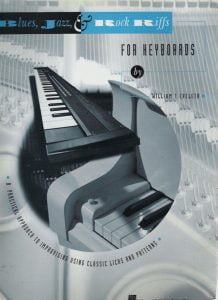 |
|
| William Gillock In Old Vienna Musescore File.mscz | ||
| William Gillock Valse Etude In Romantic Style Musescore File.mscz | ||
| William Joseph – Within (Songbook) (William Joseph) |
 |
William Joseph – Within (Songbook) (William Joseph) |
| William Robinson – My Girl | ||
| William Russo Composing Music A New Approach (ebook) |
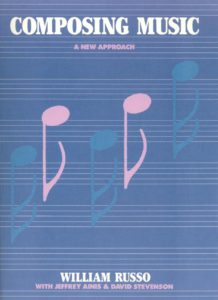 |
|
| Willie Dixon Preacher Of The Blues (2011) Mitsutoshi Inaba (Book) Biography |
 |
|
| Willie Fugal S Blues Piano transcription |
 |
|
| Willie Nelson – Always on My Mind Sheet Music |
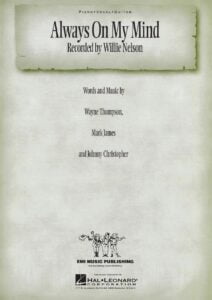 |
|
| Willie Nelson – On My Mind | ||
| Willie The Lion Smith – Finger Buster transcription |
 |
|
| Willie The Lion Smith Echo of Spring transcription |
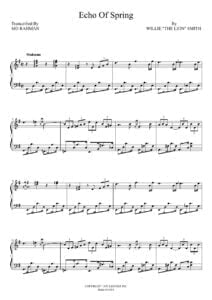 |
|
| Willow Weep For Me Words And Music By Ann Ronell 1932 Jazz Standard (Vintage sheet music) |
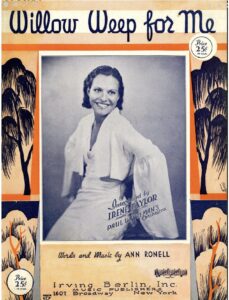 |
|
| Wim Mertens – American Minimal Music La Monte Young Terry Riley Steve Reich Philip Glass |
 |
Book La Monte Young Terry Riley Steve Reich Philip Glass |
| Wim Mertens – Close Cover | Wim Mertens – Close Cover | |
| Wim Mertens – Struggle For Pleasure | Wim Mertens – Struggle For Pleasure | |
| Wim Mertens – Time Passing |
 |
|
| Wim Mertens Humility |
 |
|
| Wim Mertens Lir |
 |
|
| Windham Hill piano sampler |
 |
Windham Hill piano sampler |
| Windy Whistle (Le Renard et l’Enfant OST) Alice Lewis | ||
| Wings (McCartney) – Greatest Hits |
 |
Wings sheet music |
| Winifred Atwell Album Of Rags No 1 Original arrangements Vintage songbook |
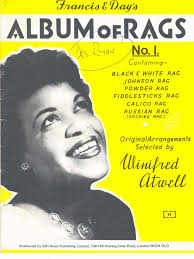 |
Winifred Atwell Album Of Rags No 1 Original arrangements Vintage songbook |
| Winifred Atwell Marguerite Monnot The Poor People Of Paris ( La Goualante Du Pauvre Jean) Piano Solo |
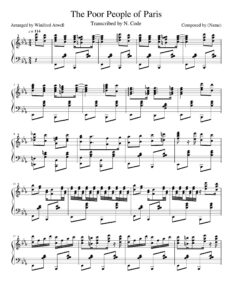 |
|
| Winnie The Pooh The Honey Tree Sheet Music (Disney) |
 |
Winnie The Pooh The Honey Tree Sheet Music (Disney) |
| Winter Sonata O.S.T. (Ryu) | ||
| Winter Wonderland Other Christmas Favorites Songbook Piano Vocal guitar Chords |
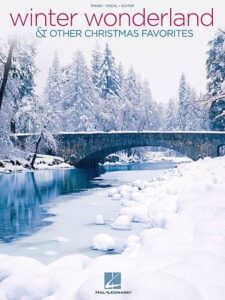 |
Winter Wonderland and Other Christmas Favorites Songbook Piano Vocal guitar Chords |
| Wish You Were Here – Pink Floyd (Musescore File).mscz | ||
| Within Temptation – Our Solemn Hour | ||
| Without you (Maria Carey) | ||
| Without You (Mariah Carey Piano Arr ) (Musescore File).mscz | ||
| Wiz Khalifa & Charlie Puth See You Again (Solo Piano) |
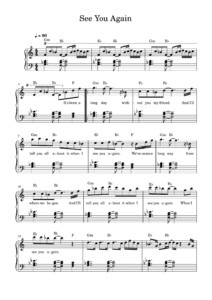 |
|
| Wolf Wagner Paraphrase Über Die Walküre |
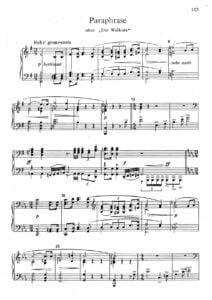 |
|
| Wolfe Richard Legit Professional Fake Book More Than 1010 Songs |
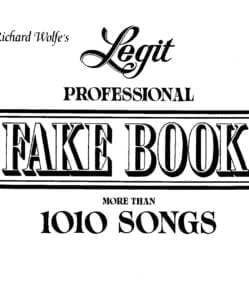 |
Wolfe Richard Legit Professional Fake Book More Than 1010 Songs |
| Wolfenzon – Stücke für Klavier | Wolfenzon – Stücke für Klavier | |
| Womack, Bobby – Midnight Mover My Autobiography The True Story of the Greatest Soul Singer in the World (Book) |
 |
|
| Woman in love (Barbra Streisand) | ||
| Women Of Pop Rock Songbook Twenty-Two Hot Hits for Easy Piano |
 |
Women Of Pop Rock Songbook Twenty-Two Hot Hits for Easy Piano |
| Wonderful Christmastime -Paul Mccartney (Wings) (Musescore File).mscz | ||
| Wonderful Life – Black (Easy Piano Solo Sheet Music) (Musescore File).mscz | ||
| Woody Allen – A propósito de nada (autobiografía)(2020) |
 |
|
| Woody Allen – Apropos of Nothing (2020) Autobiography | Woody Allen – Apropos of Nothing-Simon and Schuster (2020) Cover | |
| Woody Guthrie This Land Is Your Land (Easy and Intermediate Piano Solo) |
 |
|
| World Hits Of Jazz Standard |
 |
World Hits Of Jazz Standard |
| Wuthering Heights (Ryuichi Sakamoto) | ||
| Wynton Kelly – Autumn Leaves Solo transcription | Wynton Kelly – Autumn Leaves Solo transcription | |
| Wynton Kelly – Dark Eyes Solo Piano transcription |
 |
|
| Wynton Kelly – Dark Eyes Solo Piano Transcription (Musescore File).mscz | ||
| Wynton Kelly – Full transcriptions | Wynton Kelly – Full transcriptions | |
| Wynton Kelly – I Dig of You Solo transcription |
 |
|
| Wynton Kelly – If I should Love You Solo transcription |
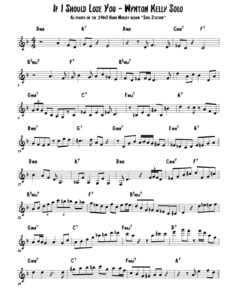 |
|
| Wynton Kelly – Jazz Piano Collection |
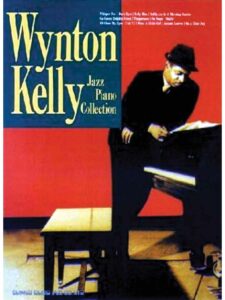 |
Wynton Kelly Piano Collection- |
| Wynton Kelly – Someday my prince will come (Piano solo) |
 |
|
| Wynton Marsalis Trumpet Genius Gourse, Leslie (Book) |
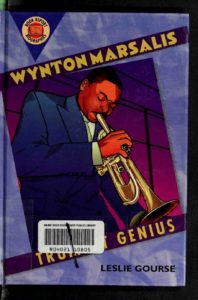 |
|
| Wynton Marsalis – Caravan (Solo) |
 |
|
| Wynton Marsalis – Darn That Dream (Solo) | Wynton Marsalis – Darn That Dream (Solo) | |
| Wynton Marsalis – Dealfayos Dillema (Solo) |
 |
|
| Wynton Marsalis – Standards (sheet music transcriptions) |
 |
Wynton Marsales – Standards (sheet music transcriptions) |
| Wynton Marsalis In The Court Of King Oliver (Trumpet and rhythm section) |
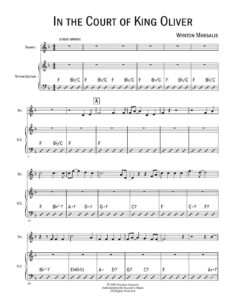 |
|
| Wynton Marsalis Omnibook For B Flat Instruments Transcribed exactly from his recorded solos |
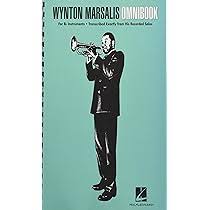 |
Wynton Marsalis Omnibook For B Flat Instruments Transcribed exactly from his recorded solos |
| Wynton Marsalis Struttin’ With Some Barbeque (Live) Wynton Marsalis’ Trumpet Solo |
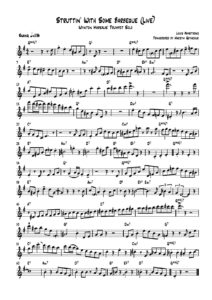 |
|
| Xenoblade Chronicles 2 Loneliness Kenji Hiramatsu | Xenoblade Chronicles Opening Theme Game sheet music | |
| Xenoblade Chronicles Opening Theme Game sheet music Yoko Shimomura |
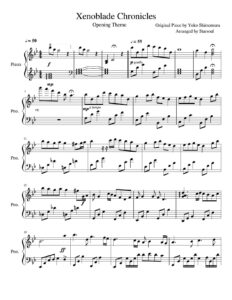 |
|
| Yamaha E443 Songbook digital keyboard PSR-E443 |
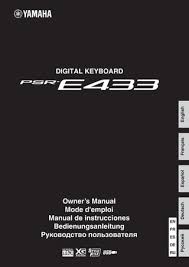 |
|
| Yamaha Keyboard Songbook |
 |
Yamaha Keyboard Songbook |
| Yamaha Keyboard Songbook Song-Buch |
 |
|
| Yamaha PSR E373 YPT-370 PSR-EW310 Song book |
 |
|
| Yamaha Song Book |
 |
Yamaha Song Book |
| Yamaha Song book |
 |
Yamaha Songbook |
| Yamaha Songbook |
 |
Yamaha-Songbook |
| Yamaha songbook 50 Piano Greats for the piano (Yamaha collection) |
 |
50 Piano Greats for the piano (Yamaha collection) |
| Yamaha Songbook Contemporary Vol. 1 |
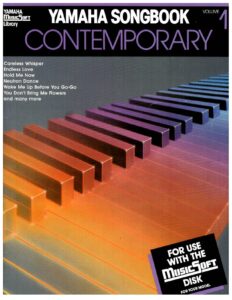 |
Yamaha Songbook Contemporary Vol. 1 |
| Yana Bobalik Mysterious Music Я.Бобалік Songbook |
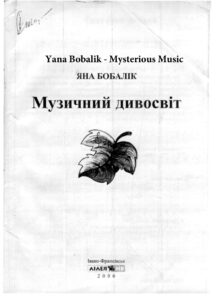 |
|
| Yana Bobalik Secret Music From Mysterious Music Я.Бобалік Таемна Музыка |
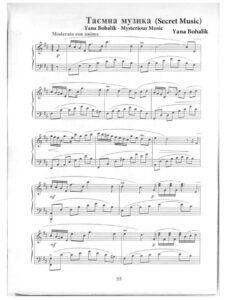 |
|
| Yann Tiersen Rue des Cascades (sheet music) | yann tiersen cascades sheet-music | |
| Yann Tiersen Mother’s Journey |
 |
|
| Yann Tiersen – Tabarly Sheet Music |
 |
|
| Yann Tiersen – Comptine Dun Autre ete | ||
| Yann Tiersen – La Dispute – Amelie Poulain | ||
| Yann Tiersen – La Valse d’Amelie Poulain | Yann Tiersen – La Valse Damelie | |
| Yann Tiersen – Le moulin – Amelie Poulain | Le Moulin – Amelie Poulain | |
| Yann Tiersen – Six pièces pour piano – Volume 2 – Amélie Poulain |
 |
Yann Tiersen – Six pieces pour piano – Volume 2 – Music Sheet |
| Yann Tiersen – Summer 78 | ||
| Yann Tiersen – Sur Le Fil |
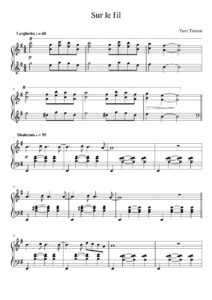 |
|
| Yann Tiersen – Pièces pour piano vol 1 et 2 + divers |
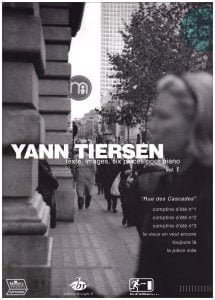 |
Yann Tiersen – pièces pour piano vol 1 et 2 + divers  |
| Yann Tiersen Eusa 2015 Songbook |
 |
|
| Yann Tiersen J’Y Suis Jamais Alle piano solo (Amélie) |
 |
|
| Yann Tiersen Onze Pièces Pour Piano |
 |
Yann Tiersen Onze Pièces Pour Piano |
| Yann Tiersen Partitions intégrales Piano Works 1993-2004 | Yann Tiersen Partitions intégrales Piano Works 1993-2004 | |
| Yann Tiersen Tabarly Complete Book For Piano |
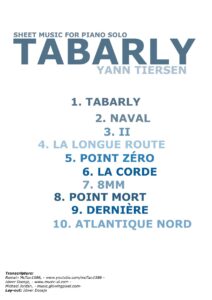 |
|
| Yanni In My Time (Piano Solos) Sheet Music |
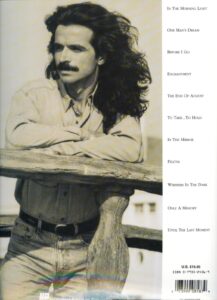 |
Yanni In my time piano solos |
| Yanni One Man’s Dream |
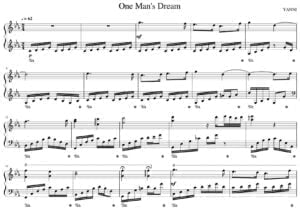 |
|
| Yanni – Per Piano (Piano book) |
 |
Yanni – Per Piano |
| Yanni – In The Morning Light | ||
| Yanni – Nostalgia | ||
| Yanni – One Man’s Dream (Musescore File).mscz | ||
| Yanni -The Best of |
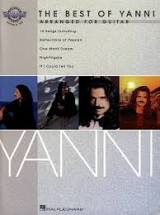 |
 |
| Yanni Ethnicity Book |
 |
Yanni Ethnicity Book |
| Yaron Herman – Hallelujah (Leonard Cohen) transcription |
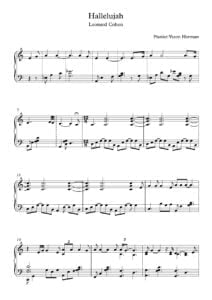 |
|
| Yashal (Elisa) | ||
| Yasuharu Takanashi – Naruto Shippuden OST – Loneliness |
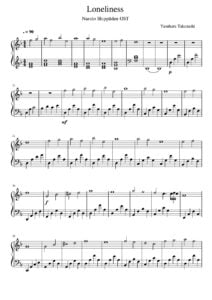 |
|
| Yedidia, Ronn Piano Sonata No 3 outcries (manuscrit) |
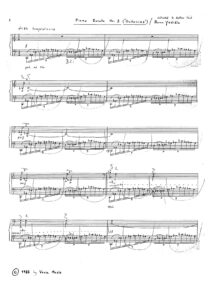 |
|
| Yehezkel Raz Ballerina Piano Solo sheet music |
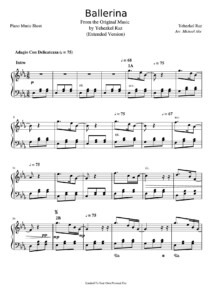 |
|
| YES Fragile |
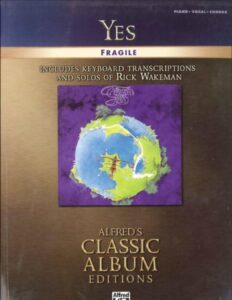 |
YES Fragile |
| YES – Complete Deluxe Edition |
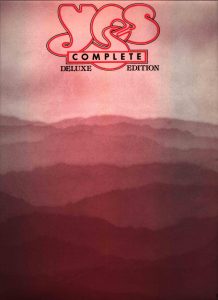 |
YES – Complete Deluxe Edition |
| Yes Close To The Edge The Story Of Yes (Book) |
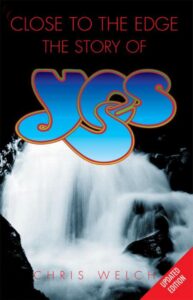 |
|
| Yes The Best Of Guitar Songbook with TABs |
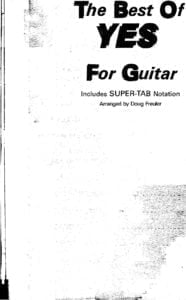 |
Yes The Best Of Guitar Songbook |
| Yesterday Piano Cello – Piano Sheet Music – Paul McCartney |
 |
|
| Yesterday Piano vocal guitar Songbook Featuring Music From the OST |
 |
|
| Yesterday The Beatles For Jazz Piano (Musescore File).mscz | ||
| Yesterday when I was young (Charles Aznavour) | ||
| Yimkin Law ( Et maintenant on va où OST) Racha Rizk | ||
| Yiruma – 27 May | ||
| Yiruma – Destiny Of Love | ||
| Yiruma – Dream | ||
| Yiruma – Dream A Little Dream Of Me | Yiruma – Dream A Little Dream Of Me | |
| Yiruma – Falling |
Jazz: Keith Jarrett – The Art of Improvisation. Exclusive Interviews with Keith Jarrett, Gary Peacock and Jack Dejohnette.
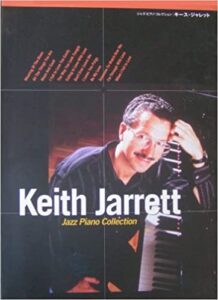
Keith Jarrett’s sheet music transcriptions are available from our Library.
Keith Jarrett: The Art of Improvisation
While he can often engender all manner of contention and argument, it’s unquestionable that Keith Jarrett is one of the most significant pianists to emerge in the second half of the 20th Century.
An artist who has done it all — performed his own sometimes lyrical, sometimes free-spirited compositions with two groundbreaking quartets in the ’70s; taken solo improvisation to a whole new level with a series of important recordings, including the classics Facing You and The Köln Concert.
Contributed a fresh spontaneity to the Great American Songbook with his Standards Trio; tackled the challenging classical repertoires of Bach, Mozart and Shostakovich and composed his own classical works; and played in landmark groups including Charles Lloyd in the ’60s and Miles Davis in the ’70s — Jarrett is also more than a little enigmatic.
Fastidious, perfectionist and, some might argue, highly controlled in his life, Jarrett paradoxically defines the concept of pure abandon in his playing.
With a life’s work that, classical repertoire aside, has always been about spontaneous creation, Jarrett is in an especially capable position to shed light on the true meaning of improvisation.
And so, British producer/director Mike Dibb, responsible for ’02’s The Miles Davis Story, has fashioned a new documentary which, while never explicitly defining what that elusive meaning is, nevertheless manages — after 85 minutes and a series of remarkably erudite interviews with Jarrett and those who have been close to him over the past 30 years — to create a vivid impression that is both inspirational to aspiring musicians and uniquely clarifying to others who want to understand the process of how musicians create something out of nothing.
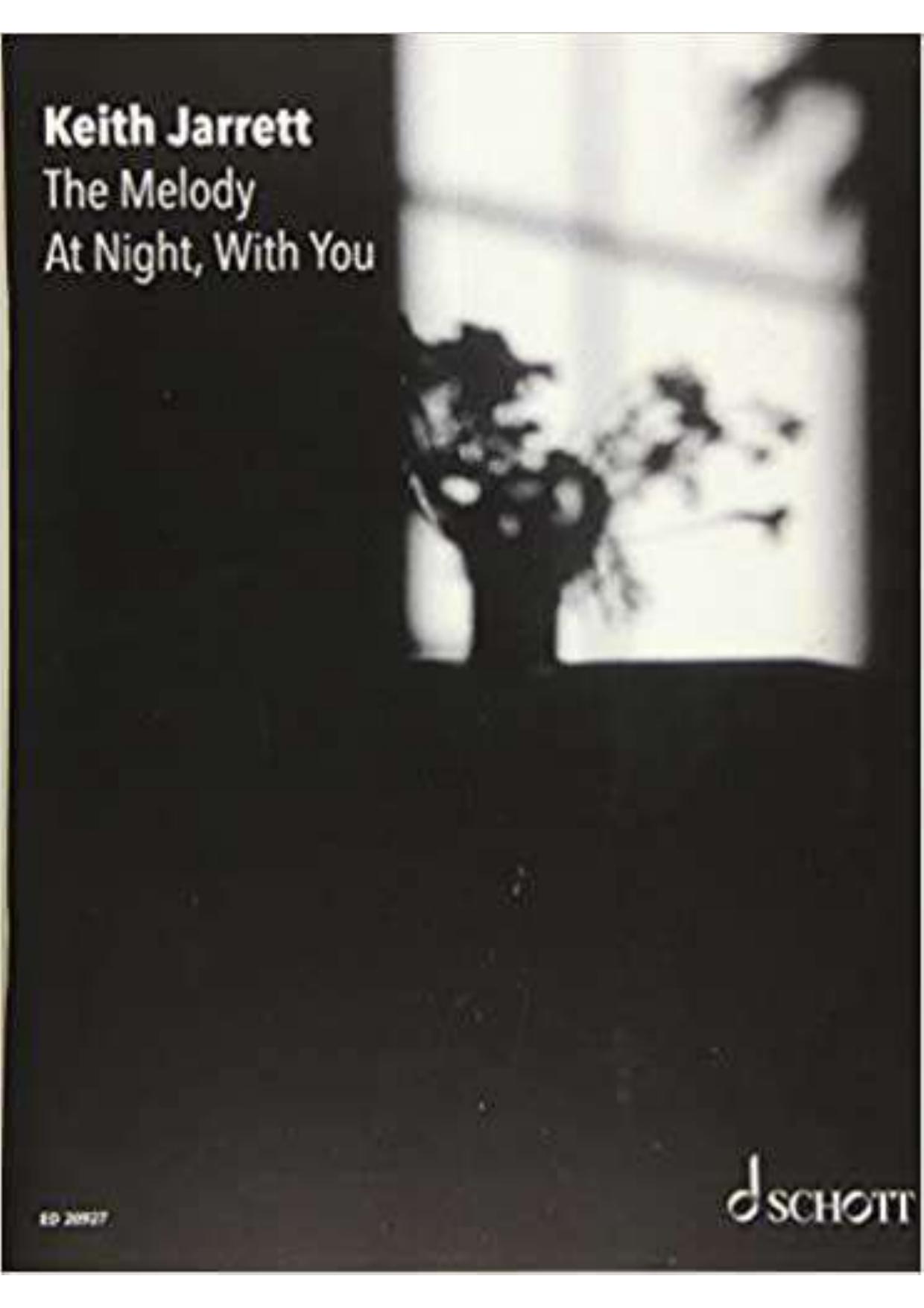
Rather than present a chronological examination of Jarrett’s life thus far, Dibb chooses, much like Jarrett’s own work, to use a seemingly non-linear approach that focuses on Jarrett’s improvisational process although, in the final analysis — just like Jarrett’s extemporization — there is an arc.
Beginning with the Standards Trio, then jumping back to his early days and ultimately ending with his European Quartet including saxophonist Jan Garbarek, bassist Palle Danielsson and drummer Jon Christensen, what becomes evident is that Jarrett’s goal has essentially been the same as when, precociously, he would add both his own original compositions and spontaneous creations to the classical repertoire of recitals dating back as early as when he was only eight years old.
Amongst the many interviews with past and present collaborators including Garbarek, Danielsson, Christensen, Charlie Haden, Gary Peacock, Jack DeJohnette, Chick Corea, Gary Burton and Dewey Redman, perhaps the most significant footage is that with ECM label owner and producer Manfred Eicher, with whom Jarrett found the perfect creative partner early in his career.
Keith Jarrett goes as far as saying that his albums are the product of two people — himself and Eicher — which is a significant distinction.
That Eicher has recorded far more Jarrett performances than have ever been or will ever be released in order to catch those moments of pure magic, those performances where Jarrett alone or with a group is truly at the moment, also demonstrates the high standard and level of discernment that both he and Jarrett apply to deciding what will ultimately be commercially distributed.
That Jarrett has, for 20 years, chosen only to document live performances, rather than record in the studio, is another distinction, one that points to a belief that the audience is, indeed, an integral part of each and every performance.
Jarrett comes across as deeply committed, albeit unquestionably idiosyncratic and unapologetically purist; while he admits to enjoying his time with Miles Davis — the only time in his career where he totally gave up acoustic piano for electric instruments — he also dismisses his electric work by calling such instruments “toys.
Few, if any, pianists other than Jarrett insist that a choice of pianos be provided for each performance, so that he can choose the best one for the concert hall. And the sheer physicality of his playing, along with his total and absolute involvement with the music to the exclusion of anything else, paints a unique picture — as does his level of communication.
Virtually all concert footage — including performances with Lloyd, Miles, the Standards Trio, and the American and European Quartets — demonstrates the incredible interaction that exists at every performance.
Jarrett has, in recent years, come under criticism with regard to the Standards Trio which, at over 20 years, is the longest-lasting group of his career — and, with rare exception, is one of the longest collaborations in the jazz period. Some say that the group has lost its creative edge.
But watching the footage of the trio, and listening to Jarrett, Peacock and DeJohnette discuss how little rehearsal takes place — in fact, rehearsals typically only occur in sound checks before concerts, and it’s not uncommon for the trio to work on something at a sound check and never actually play it in concert — one is truly drawn into the sense of adventure applied to every performance.
And the performance footage, in concert with the interview clips, manages to demonstrate the kinds of risks the trio take with each and every tune; how any one of the members can suggest a new direction with complete confidence that the others will follow.
By the time Dibb’s documentary reaches its end, one may not be able to explicitly define the art of improvisation, but there are profound conclusions implicitly reached. And the documentary compels one to either play some Jarrett recordings or, if Jarrett’s music is new to the viewer, to go out and find some.
The level of excitement and discovery is so vivid that even those who have become jaded with Jarrett in recent times may find themselves with renewed interest. While some bemoan Jarrett’s abandonment of writing, what becomes clear — and Jarrett articulates this at one point — is that every performance involves the act of composition. And that, perhaps more than anything, is the true meaning of improvisation.
